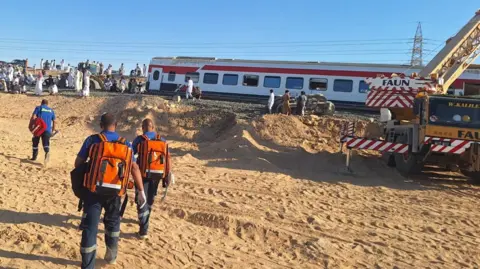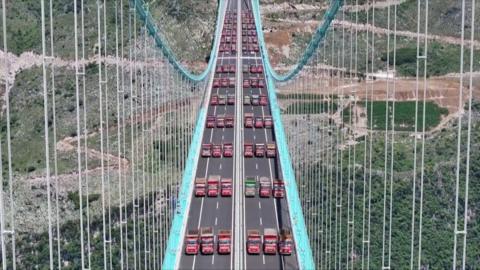Officials in Texas face mounting criticism following the recent devastating flash floods along the Guadalupe River, where inadequate early warning systems contributed to the tragic loss of at least 121 lives, including 36 children. Observers point out that potential preventative measures—such as river gauges and emergency sirens—were notably absent, leaving communities vulnerable as sudden rains swelled the waterways.
Erin Coughlan de Perez, a disaster risk management expert from Tufts University, warns that flash floods are notoriously difficult to predict and manage effectively. The inherent challenge lies not only in the unpredictability of rainfall but also in the difficulty of motivating investment in warning systems, which often suffer from low reliability or over-frequent false alarms. This situation fosters public distrust, which can severely undermine community responses during actual emergencies.
International examples highlight the severe impact of these shortcomings. A recent tragedy in Valencia, Spain, resulted in over 200 fatalities from similar flash floods last year. Residents expressed their grief over the delayed activation of existing alert systems, describing their personal losses in haunting terms.
Dr. Coughlan de Perez reiterates the "cry wolf" problem with flash flood alerts, noting that as these weather events become increasingly frequent and severe due to climate change, the urgency for reliable forecasting grows more critical. The pressing question remains: how to build effective systems that can save lives without eroding public trust.





















